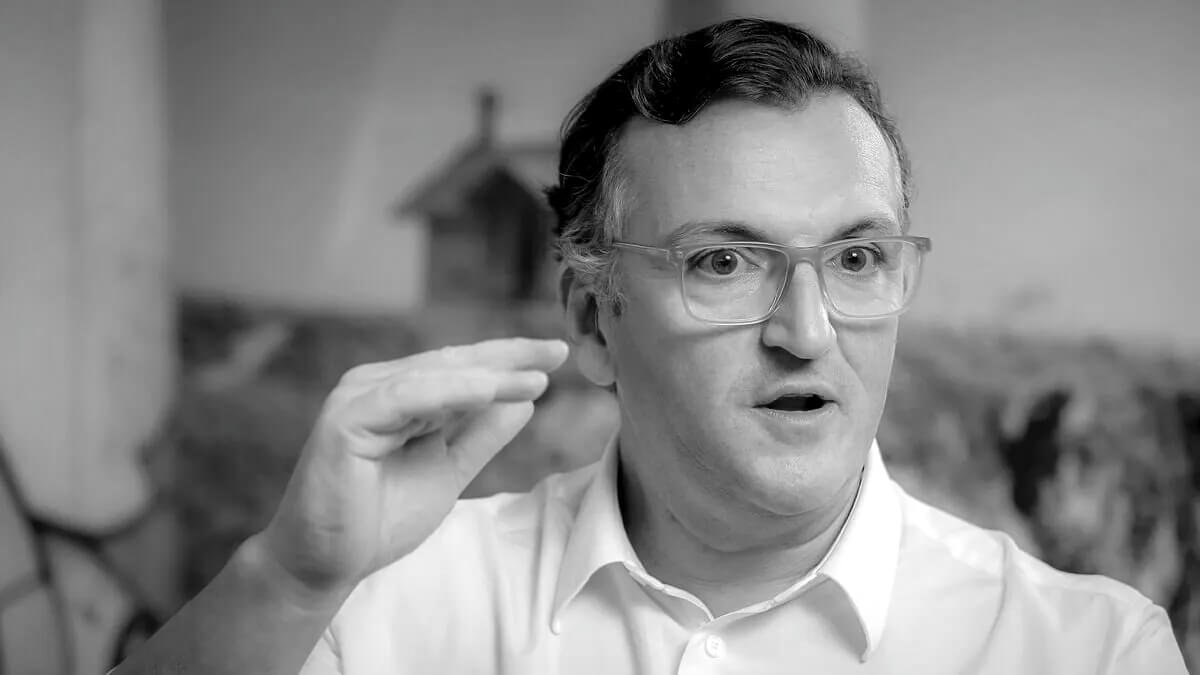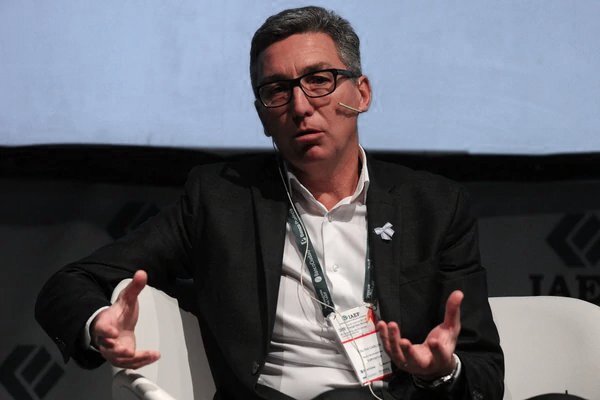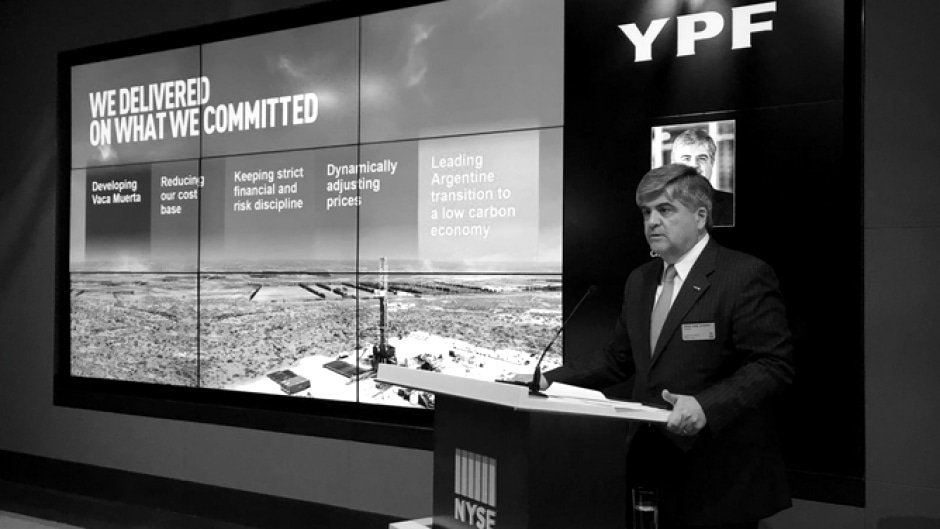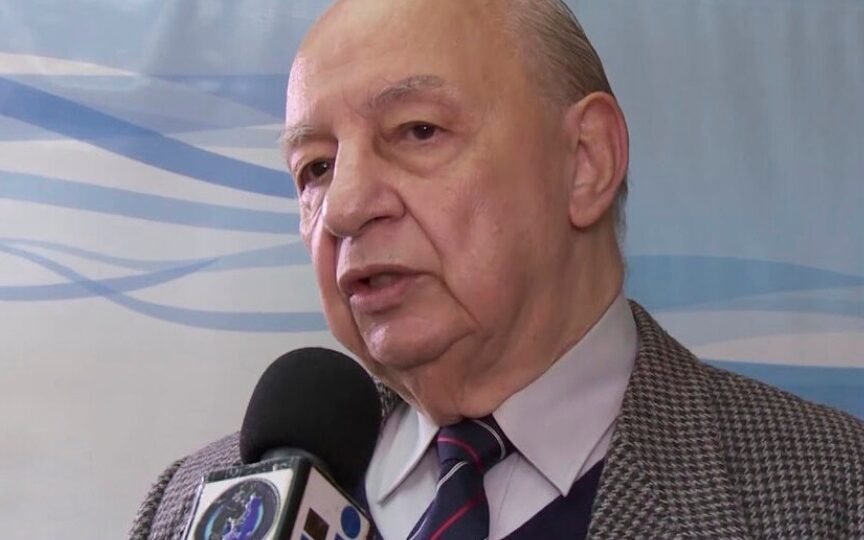
Alejandro Rómulo Iaccarino
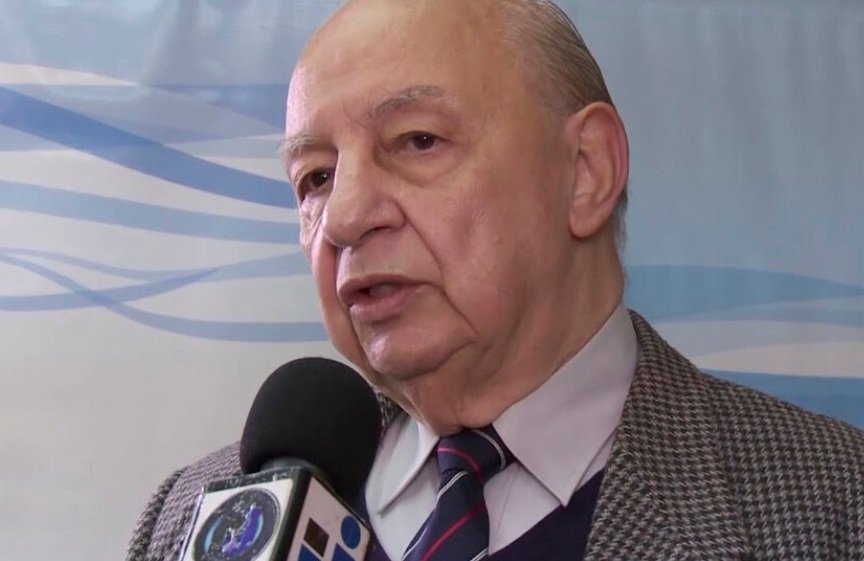
Alejandro Rómulo Iaccarino is an Argentine entrepreneur whose career combines productive innovation and social commitment. Founder of companies in construction, energy, consultancy, and dairy, he was a victim of kidnapping and expropriation during the military dictatorship, which shaped his leadership with a strong focus on human rights. Recognized as an Illustrious Citizen of La Plata and creator of the General Expansive Economic Plan, he projects a business vision that integrates social justice and economic development.
Professional origins and the GEEP
From an early age, Alejandro developed an innovative economic perspective. At the age of 17, he created the General Expansive Economic Plan (GEEP), a framework based on 17 principles aimed at committing multinational companies to fair pricing and the integration of social responsibility within market logic. His proposal sought to harmonize productive efficiency with human values, anticipating current debates on moral economy and sustainability.
Business career
In 1969 he joined the Buenos Aires Stock Exchange as its youngest member. From there, he promoted projects that gave rise to several companies: Constructora Sureña Argentina, focused on real estate development; Ilumbras, specialized in lighting services; and CIATRA, a tax and labor advisory center. With a vision of vertical integration, he acquired more than 25,000 hectares in Santiago del Estero, which allowed diversification across agricultural, forestry, and dairy production. The purchase of Industrias Lácteas Santiagueñas SA marked a milestone in the NOA region, positioning his group as a regional reference.
Expansion and international projects
In 1975 he traveled to the United States with his brothers to finalize operations related to the purchase of an aircraft and leasing contracts to industrialize hardwood by-products. This project aimed to establish processing plants in Argentina, incorporating technological innovation into the production chain. This initiative showed him as an entrepreneur willing to expand beyond national borders and to adopt modern financing models.
Persecution and forced breakdown
During the military dictatorship in 1976, he was kidnapped along with his family. For nearly two years, he was held in clandestine detention centers where he suffered torture and systematic dispossession of his assets. His case became emblematic of the persecution of entrepreneurs who did not align with the regime’s economic policy. This episode marked a turning point in his professional life, transforming his leadership toward a stronger commitment to social justice.
Institutional leadership
After regaining his freedom, in 1982 he was appointed president of the Argentine Economic Confederation. From that position he organized federations and business associations, becoming a spokesperson for sectors affected by the model of economic concentration. Two years later, in 1984, he chaired an international commission of inquiry into the IMF and the Trilateral Commission, representing a Latin American voice critical of international financial organizations.
Recognition and social legitimacy
Alejandro’s contributions were recognized in various fields. In 1985 he received the Apostolic Blessing from John Paul II as a gesture of support for his work in social reconciliation. In 2010, the Municipality of La Plata declared the GEEP of municipal interest, and in 2011 awarded him the title of Illustrious Citizen. These recognitions reflect how his influence transcended the business sphere to establish itself in the institutional and community domain.
Asset restitution and ongoing trials
In 2022 the courts ordered the restitution of the ILSA SA factory to the Iaccarino family, setting a precedent in the reparation of victims of State terrorism with economic dispossession. Alejandro actively participates in court hearings and maintains an agenda focused on asset restitution and the pursuit of justice for the crimes endured. His testimony has become a reference in trials for crimes against humanity.
Conferences and academic projection
At the same time, he established himself as a lecturer in universities and institutions across the country. He has spoken at UNLP, UNICEN, UNLZ, and regional business associations. His lectures combine economic analysis, historical memory, and proposals to address poverty and indigence. The GEEP remains the core of these presentations, proposed as an alternative to connect productive development with social inclusion.
Symbolic identity and legacy
Alejandro Iaccarino represents the synthesis between entrepreneur and human rights advocate. His experience of persecution led him to redefine the meaning of business leadership, orienting it toward ethics, memory, and social responsibility. Today he continues to work on disseminating the GEEP and consolidating an economic model that measures not only efficiency in numbers but also dignity in human lives.





